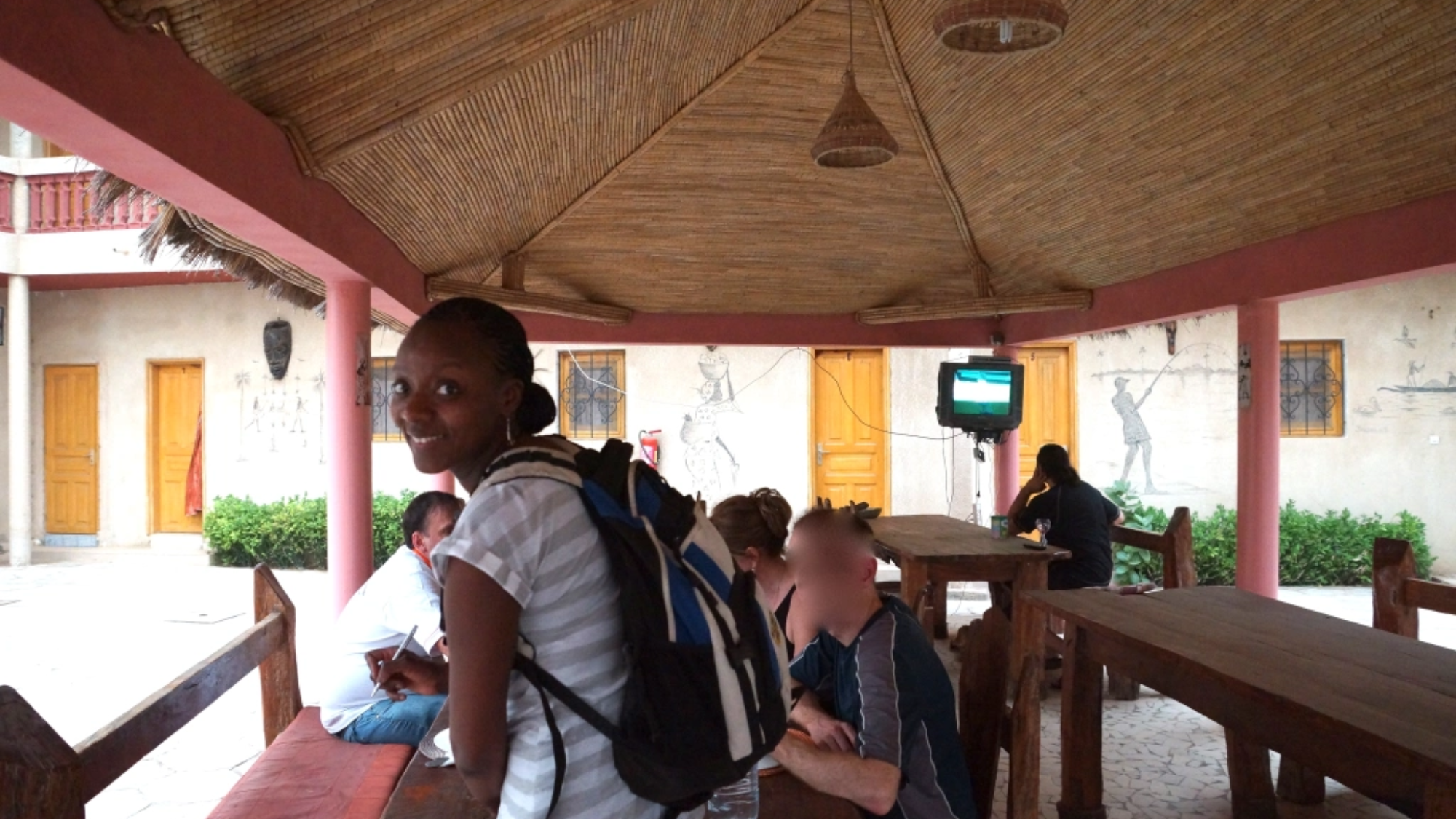It has a been a few months since I have joined a new company in the Internet business. Aside from the excitement of a new proffessional adventure, taking on this role in business operations is like coming full circle regarding my beliefs about communication technology and the democratization of its access for all.
#HappyInterneting is the hashtag that I ‘happily’ embrace and as I am getting settled in Boston and learning about the branding and business execution philosophy behind it, I am also contrasting my thoughts about how as a global consumer I am treated by Internet service providers in general.
A recent flare-up on social media regarding the service of a major ISP has left me perplexed about what it actually means to democratize the Internet. My Twitter TL recently led me to this new, up and coming Senegalese Internet service provider offering 20Mbps for 20,000 CFA. As a reference, incumbent operators provide about 10Mbps for roughly the same price of 22,900 CFA.
20,000 CFA is $40 US dollars per month, for 20Mbps of Internet Service in Senegal.
In the USA, I can pay the same amount for 100Mbps with a run of the mill ISP.
Said differently, in a developing nation like Senegal, a business plan has been deemed economical for big and small ISPs alike to make money off of consumers with Internet services that are 10 times less fast than in the US but cost the same. It has been deemed economical for brand new networks and retrofitted/legacy networks alike. We’ve thrown out the purchasing power logic here. A Senegalese consumer is paying the same as an American consumer.
Let that sink in… and be selfish about it. Sarcasm included, I feel sorry for myself and so should everyone with faster access.
Nevermind the local consumer who has to suffer through what most would consider crappy internet. I, personally, as a global consumer, wholeheartedly feel cheated.
With this kind of imbalance, how do I get to speak to my family on Whatsapp or Facetime or share a newscast that we all need to know about? Why do I have to wait for my 90+-year-old grandfather to travel more than an hour to the city so that he can talk to his great-grand-children.
It’s been debated at length and in various circles that as a society, the inequal access to the internet is leaving us with an inbalance in knowledge, sharing and connection with the world around us. In a world where data is used to make decisions on a variety of things, we are using an ever-growing incomplete dataset.
The promise of the internet is obviously a pipe dream for people that simply don’t have access to it. The bigger point in my opinion is that the rationale for closing the numeric gap has not been self-serving enough for us to really pay attention.
This imbalance is impacting us all and seeing the math gets me to the conclusion that the reason is not based on economics or consumer purchasing power but something else that in my close to 20 years in the Tech industry I am still figuring out.
As for the ISPs out there, being displaced by a solution that will offer consumers what they want is a prophecy that has been fulfilled time and time again. Finding a model that does right by all your consumers, in rural areas or cities, developing or developed countries is at the core of your success.
Découvrez le Tweet de @dembagueye : https://twitter.com/dembagueye/status/1020686827253006337?s=09
